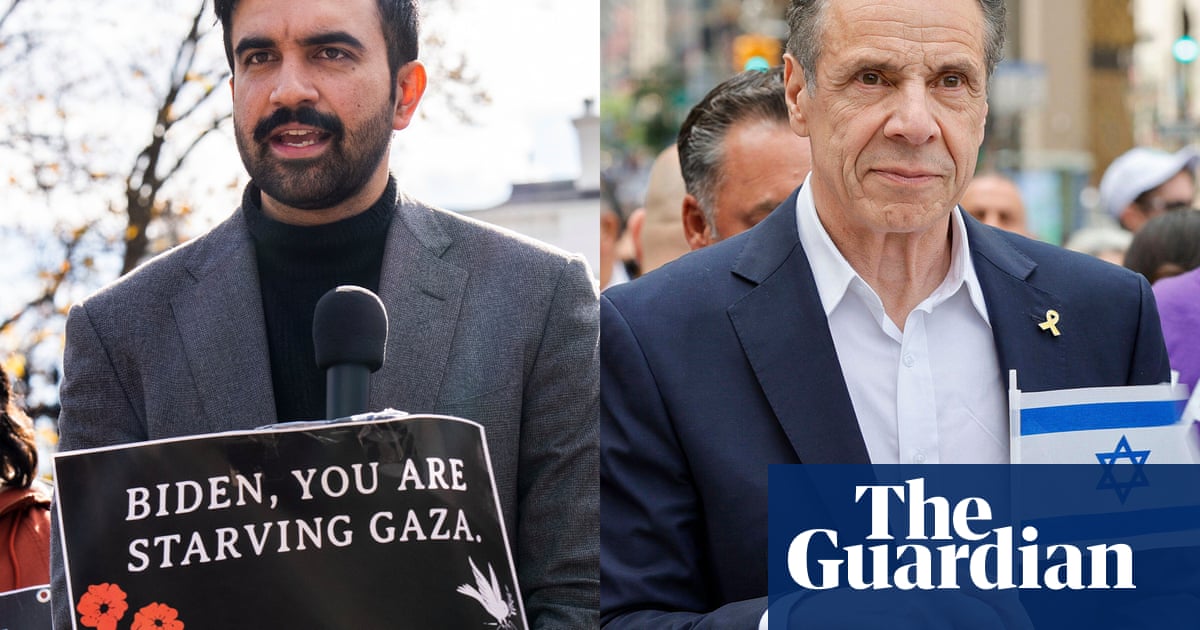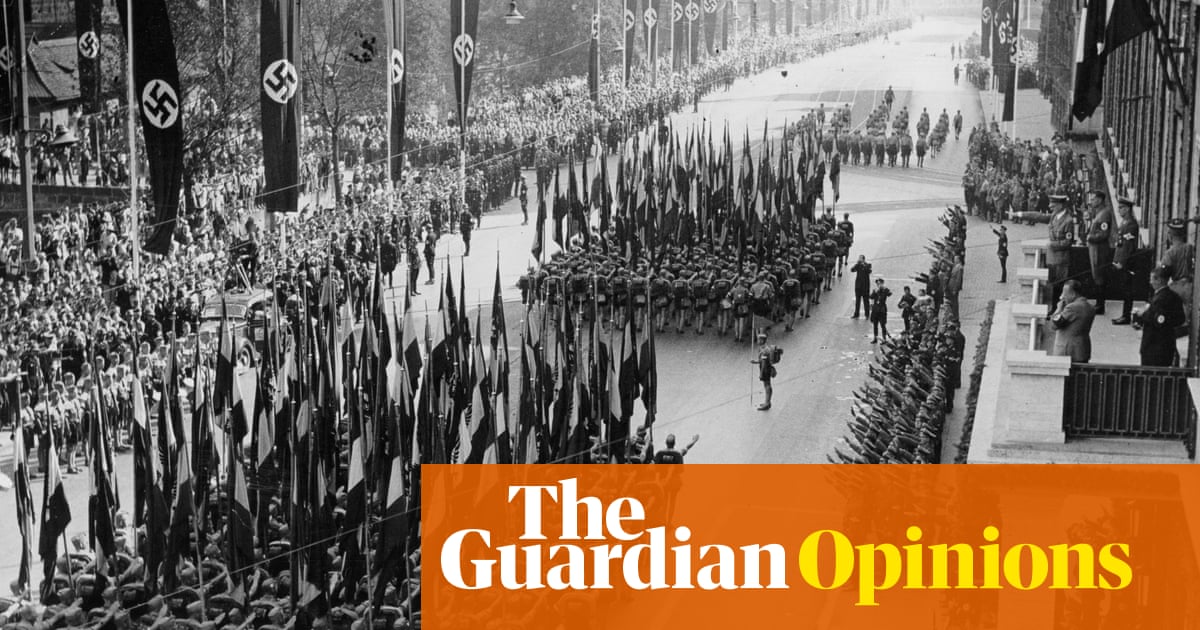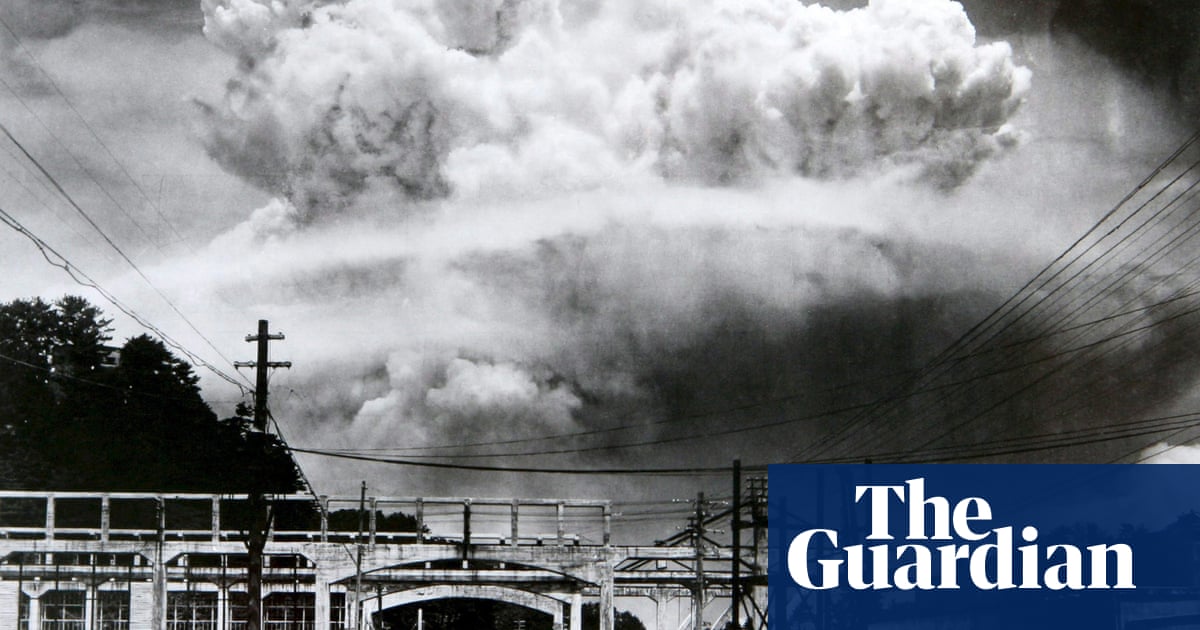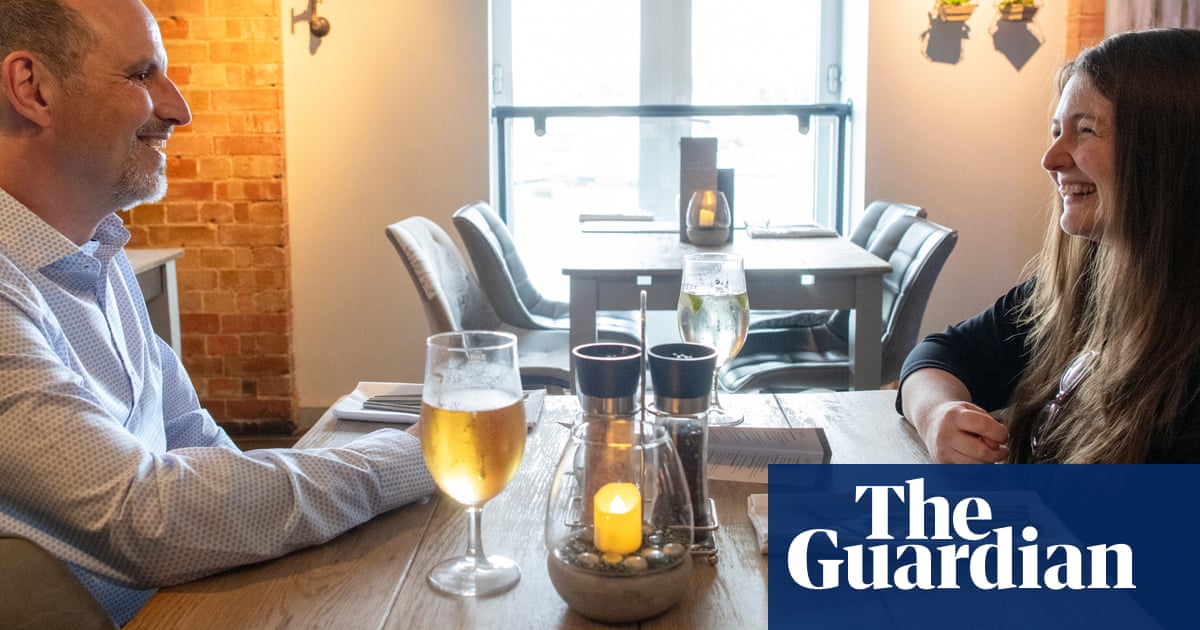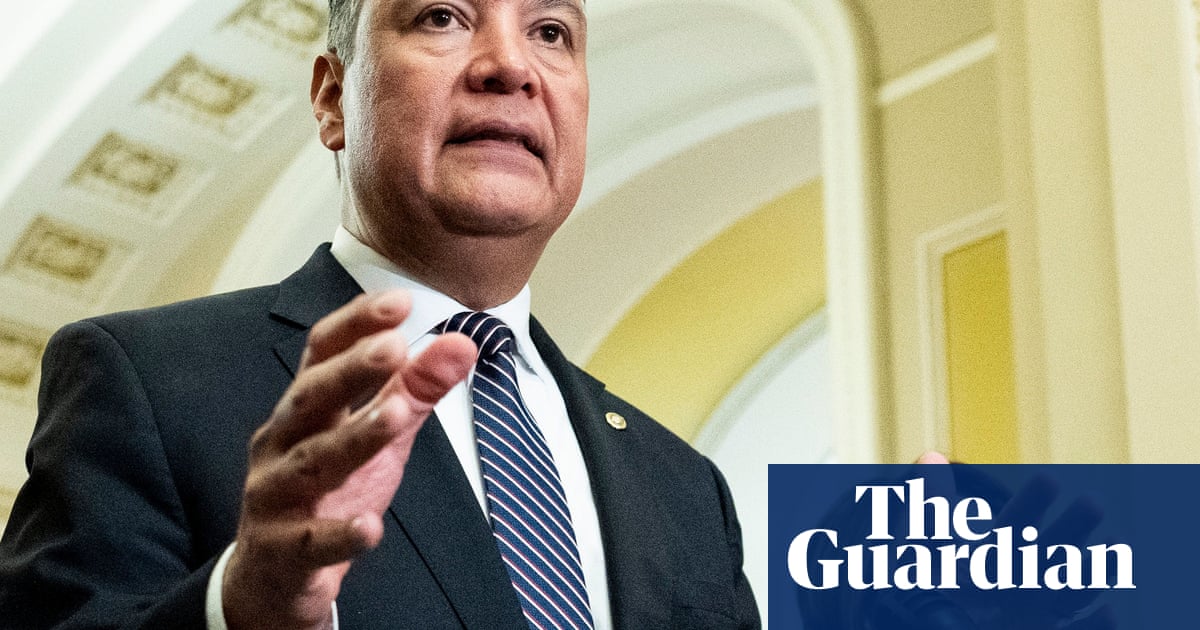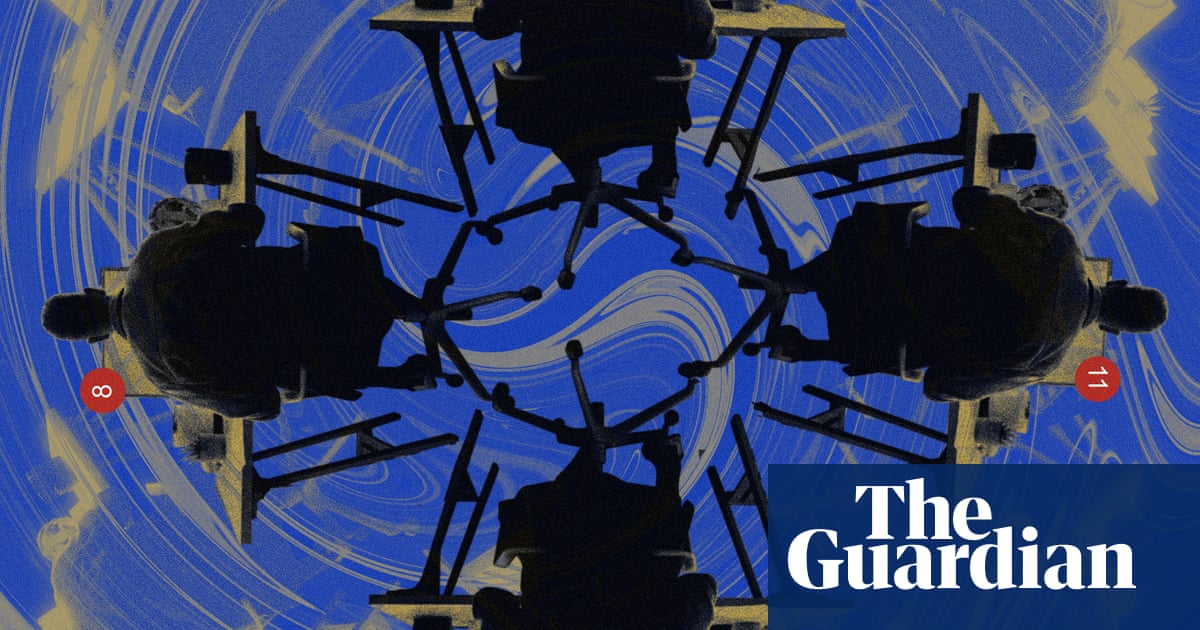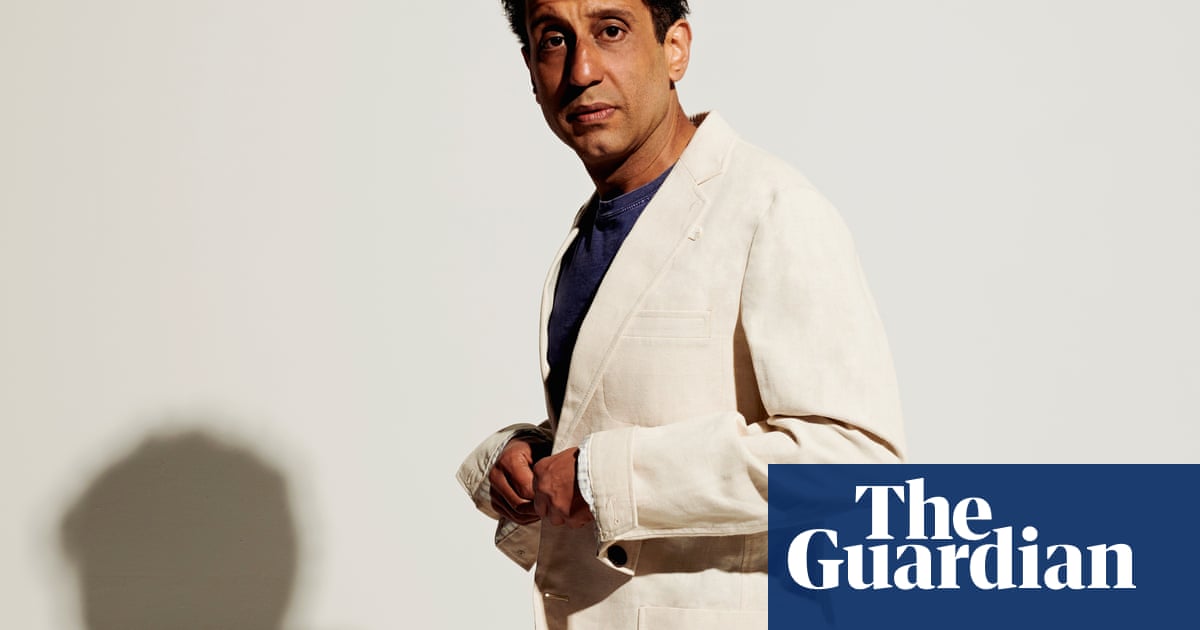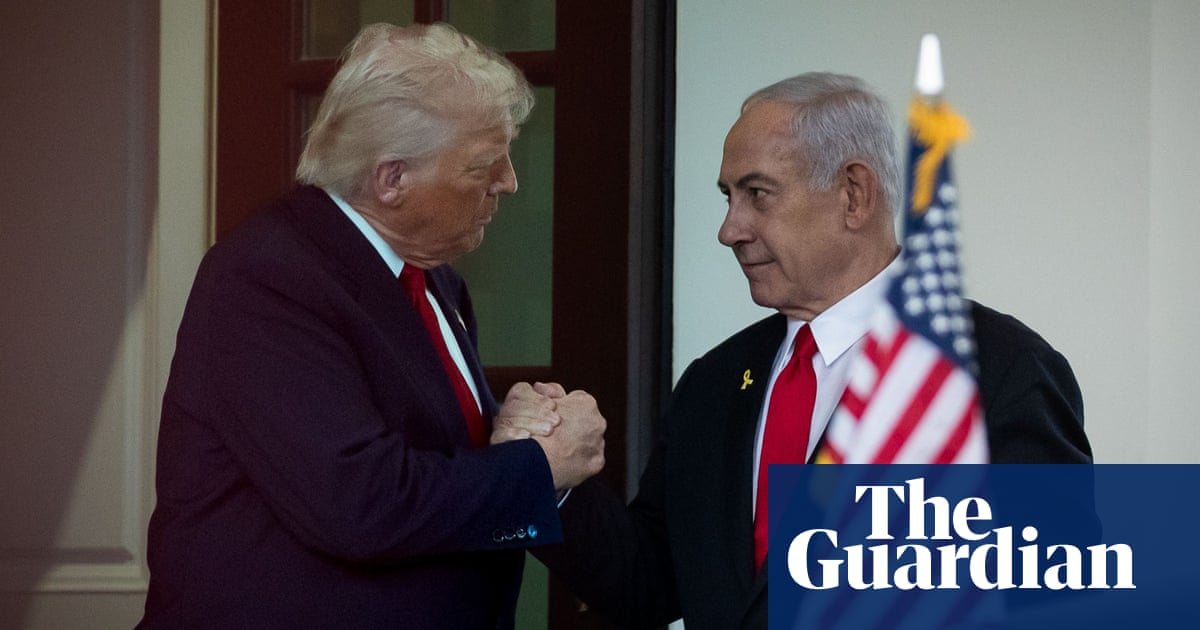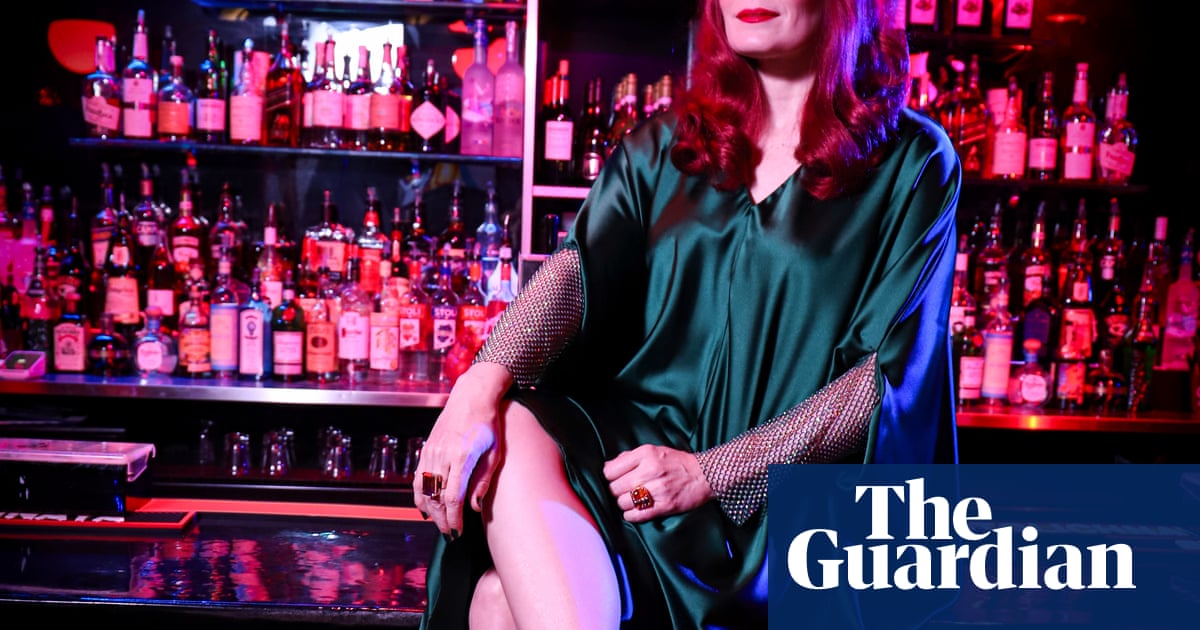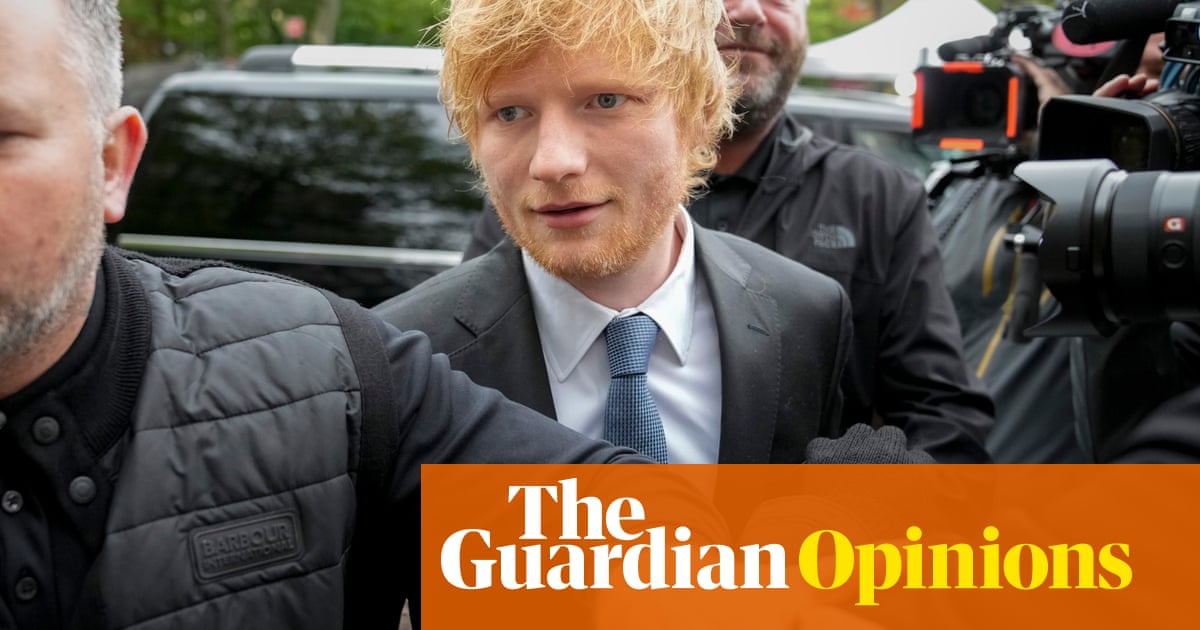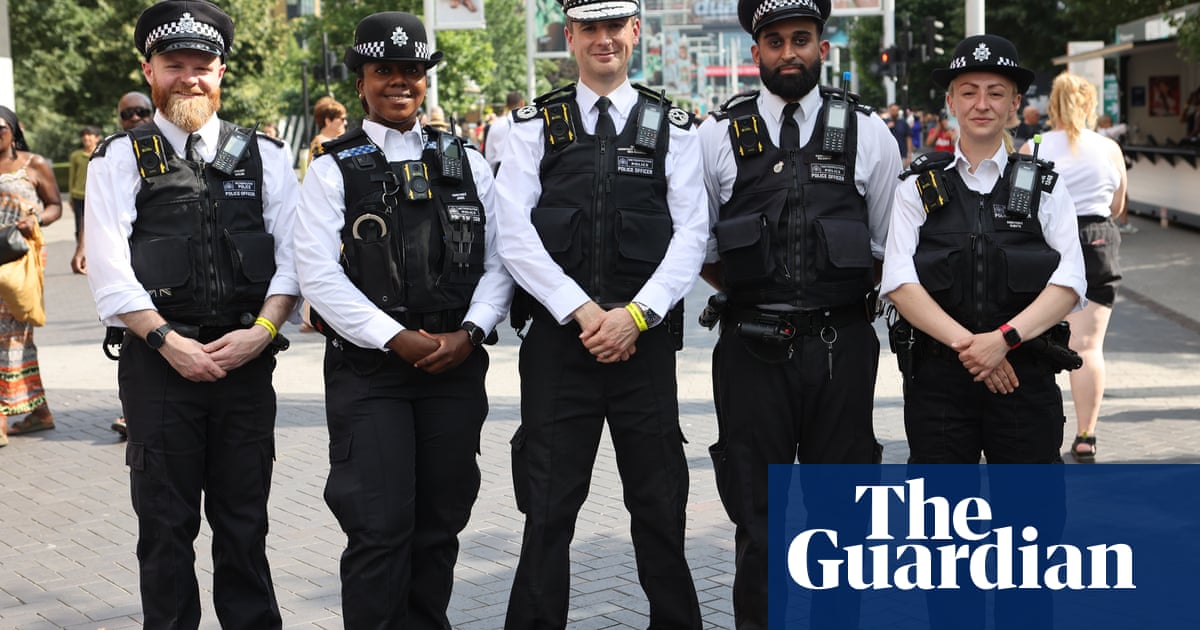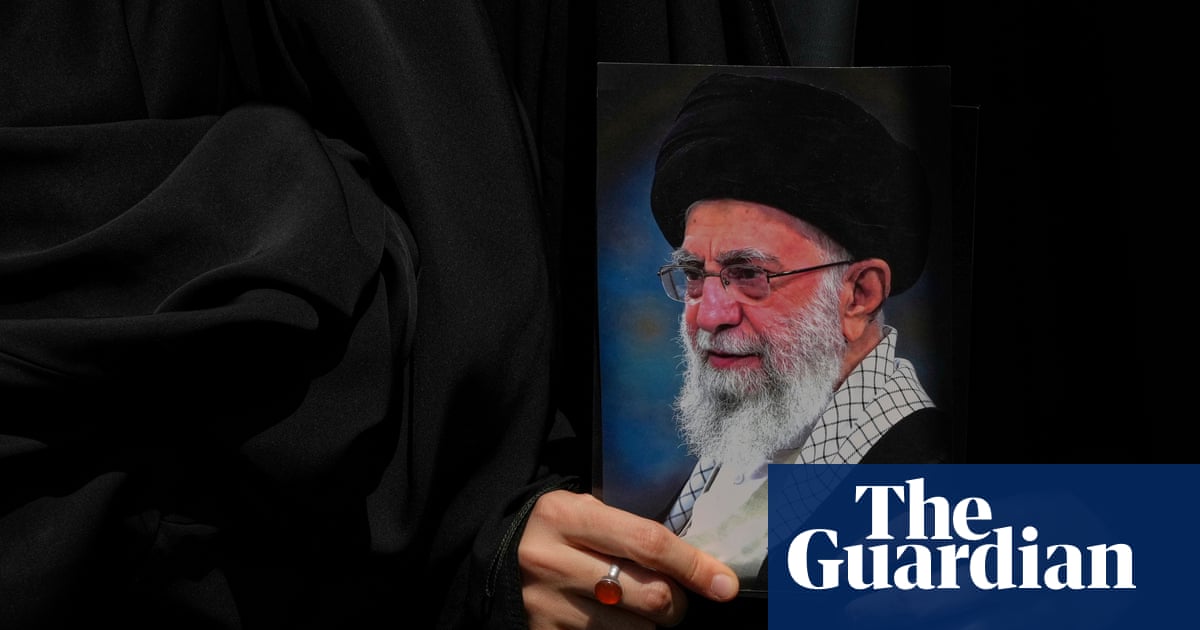The United States and Saudi Arabia have signed a $142bn arms deal touted by the White House as the “largest defence sales agreement in history” in the first stop of Donald Trump’s four-day diplomatic tour to the Gulf states aimed at securing big deals and spotlighting the benefits of Trump’s transactional foreign policy.
During the trip, the White House also confirmed that Trump would meet with Syria’s new leader, Ahmed al-Sharaa, the former rebel commander whose forces helped overthrow Bashar al-Assad in 2024. The informal meeting will be the first face-to-face meeting between a US president and a Syrian leader since 2000, when Bill Clinton met with the late leader Hafez al-Assad in Geneva.
Speaking at an investment forum on Tuesday, Trump said that he planned to lift sanctions on Syria after holding talks with Saudi Arabia’s Mohammed bin Salman and Turkey’s Recep Tayyip Erdoğan. “I will be ordering the cessation of sanctions against Syria in order to give them a chance at greatness,” Trump said.
Sharaa’s pitch to woo the US president offered access to Syrian oil, reconstruction contracts and to build a Trump Tower in Damascus in exchange for the lifting of US sanctions on Syria.
Though the details of the sanctions relief were still unclear, Sharaa’s team in Damascus was celebrating.
“This is amazing, it worked,” said Radwan Ziadeh, a Syrian writer and activist who is close to the Syrian president. He shared a picture of an initial mockup of Trump Tower Damascus. “This is how you win his heart and mind,” he said, noting that Sharaa would probably show Trump the design during their meeting in Riyadh on Wednesday.
The visit was heavily focused on business interests and securing quick wins – often with characteristic Trumpian embellishment – for the administration. Saudi Arabia’s Crown Prince Mohammed pledged to invest $600bn in the United States during a lunch with Trump, including $20bn in artificial intelligence data centres, purchases of gas turbines and other energy equipment worth $14.2bn, nearly $5bn in Boeing 737-8 jets, and other deals.
But details of the specific commitments remained vague, the numbers put out by the White House did not total $600bn, and some of the programs began under Joe Biden’s administration.
The White House called the arms deal the “largest defence sales agreement in history” and said that it included plans for more than a dozen US defense companies to sell weapons, equipment and services in the areas of air force advancement and space capabilities, air and missile defense, as well as border and maritime security.
The US president was feted with a royal guard as he arrived in Riyadh on Tuesday. Royal Saudi Air Force F-15s escorted Trump’s Air Force One jet as it arrived in Riyadh and Trump sat with Salman in an ornate hall at the Royal Court at Al Yamamah Palace with members of the US and Saudi and business elite. Among them were Elon Musk, prominent figures in AI such as Sam Altman, as well the chief executives of IBM, BlackRock, Citigroup, Palantir and Nvidia, among others.
When Salman pledged that Saudi Arabia would invest $600bn in the US economy, Trump smiled and joked that it should be $1tn.
The trip is part of a reordering of Middle Eastern politics dominated by Trump’s “America first” platform of prioritising domestic US economic and security interests over foreign alliances and international law. Critics have said that the dealmaking empowers Trump and a coterie of businessmen around the president, and the US president’s family has business interests in Saudi Arabia, the United Arab Emirates and Qatar, giving this administration an unprecedented conflict of interest.
The most glaring example of the new commoditisation of American foreign policy under Trump has been the proposed gift from the ruling family of Qatar of a luxury Boeing 747-8 jumbo jet that the White House said could be converted into a presidential plane and then be given to Trump’s presidential library after he leaves office.
The gift has provoked anger from congressional Democrats, one of whom described it as an “aerial palace” and said it would constitute “the most valuable gift ever conferred on a president by a foreign government”.
Trump has defended the offer, saying in a post it would “replace the 40 year old Air Force One, temporarily, in a very public and transparent transaction” and called Democrats asking for an ethics investigation “World Class Losers!!!”
The meeting between Trump and Salman was characterised by smiles and friendly backslapping, a sharp contrast to past summits when the Saudi leader was mired in controversy over the 2018 murder of journalist Jamal Khashoggi.
While his administration touted big deals, Trump also admitted that his geopolitical goals of Saudi Arabia’s diplomatic recognition of Israel would take time due in large part to the Israel’s prosecution of the war in Gaza.
“It will be a special day in the Middle East, with the whole world watching, when Saudi Arabia joins us” in the Abraham accords, the Trump administration’s framework for Arab states to recognise Israel, he said. “And I really think it’s going to be something special – but you’ll do it in your own time.”
Trump is also due to visit the United Arab Emirates on Tuesday before continuing on to Qatar this week.
His negotiations in the region have been characterised by big-ticket investment deals, and those appeared to play a role in his reversal of US policy on Syria as well.
Sharaa, who is keen to normalise relations with the US, has reportedly offered Trump a number of sweeteners including the Trump tower in Damascus, a demilitarised zone by the Golan Heights that would strengthen Israel’s claim to the territory it has occupied since 1967, diplomatic recognition of Israel, and a profit-sharing deal on resources similar to the Ukraine minerals deal.
The idea to offer Trump a piece of real estate with his name on it in the heart of Damascus was thought up by a US Republican senator, who passed on the idea to Sharaa’s team.
“Sanctions in Syria are very complicated, but with Trump, he can [get] most of them lifted. It is a great opportunity,” Ziadeh said.
The trip is also extraordinary for Trump’s decision not to visit Israel, the US’s closest ally in the region, due to the war in Gaza and Trump’s fraught relationship with Benjamin Netanyahu. Hamas released the last remaining American hostage, Edan Alexander, on the eve of Trump’s visit to the Middle East, in an effort to push Trump to pressure Netanyahu to end the war.
Netanyahu doubled down on the war on Tuesday in a show of defiance, saying that any ceasefire would only be “temporary”.
“In the coming days, we will enter with full force to complete the operation to defeat Hamas,” he said. “Our forces are there now.”
“There will be no situation where we stop the war,” he added.

 1 month ago
60
1 month ago
60

